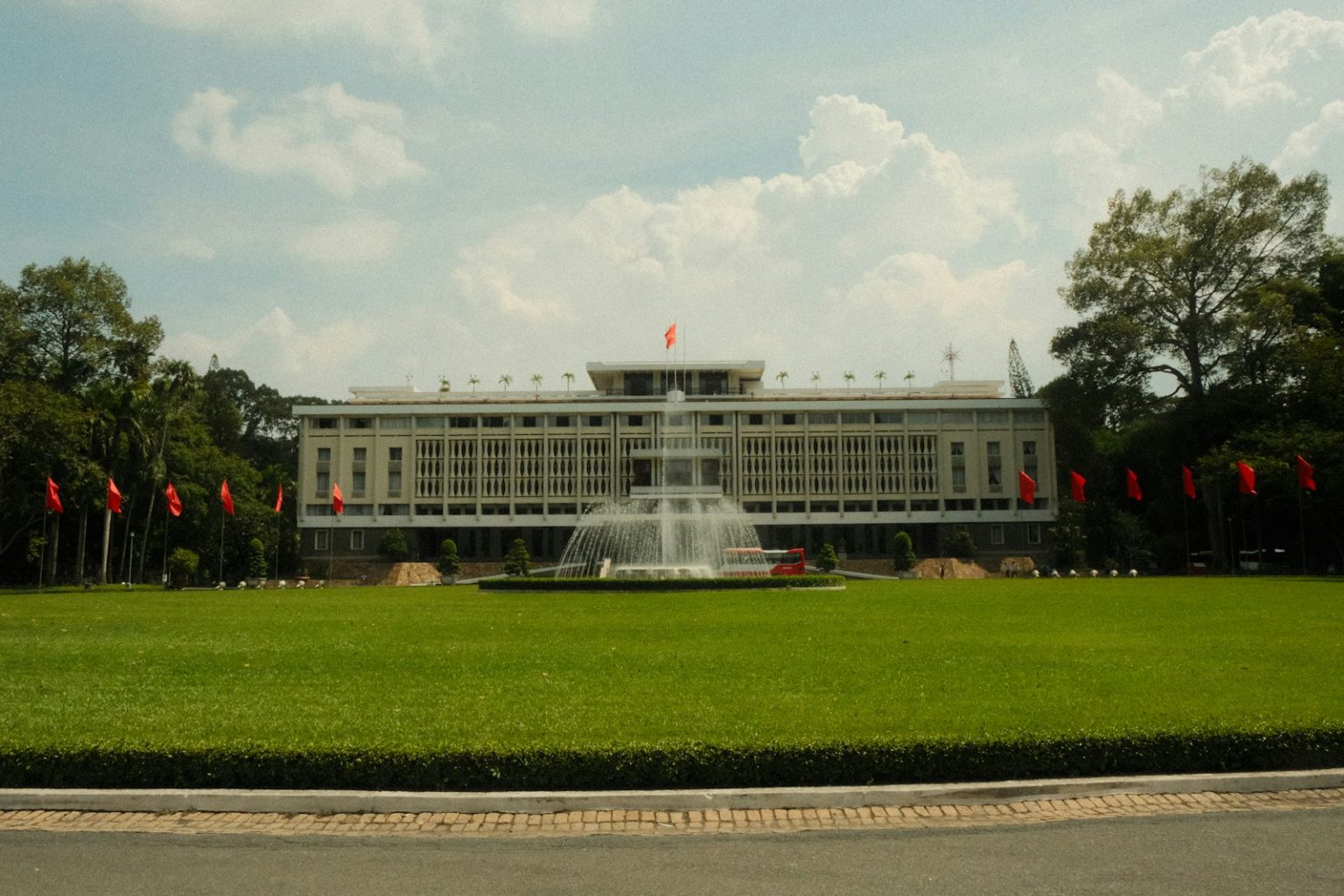In the polarized political climate, it seems everyone has strong feelings about whoever occupies the White House. The intensity of emotions—both adoration and hatred—has reached unprecedented levels. Yet I’ve discovered that maintaining political neutrality in business and life has been one of my most significant strategic advantages.
While most Americans are busy either cheering or booing the current administration, I’m asking a different question: How can I best benefit from the person who’s in office? This pragmatic approach has consistently helped me navigate changing political landscapes while staying focused on what truly matters.
The Practical Approach to Politics
When a new president takes office, I don’t waste energy on emotional reactions. Instead, I analyze their leadership style and policy directions with a simple framework: How can I make more money, help more people, and have more fun with these types of leadership decisions?
This isn’t about being apolitical or uninformed. It’s about being strategically neutral and adaptable. Every administration creates both opportunities and challenges. The smart play is identifying how to align your goals with the current reality rather than fighting against it.
View this post on Instagram
Why Political Neutrality Works
There are several reasons why this approach has served me well:
- It conserves mental and emotional energy that would otherwise be wasted on outrage or celebration
- It keeps focus on actionable strategies rather than political theater
- It allows for faster adaptation to policy changes
When you remove emotional attachment to political figures, you can see opportunities that partisan thinkers miss. For example, tax policy changes, regulatory shifts, and government spending priorities all create openings for those paying attention to the substance rather than the personality.
The Business Advantage of Political Flexibility
Throughout my career at Leigh Steinberg Sports & Entertainment and beyond, I’ve watched businesses falter because leadership couldn’t separate their political feelings from strategic decisions. Meanwhile, organizations that maintained flexibility thrived regardless of who held office.
The most successful entrepreneurs and executives I know share this trait. They don’t waste time complaining about the administration or celebrating it. They simply ask: Given these new circumstances, what’s our best move?
This doesn’t mean compromising your values. It means recognizing that business success requires pragmatism and adaptability. Your company’s mission remains constant while your tactical approach evolves with the political landscape.
A Better Use of Time and Energy
Think about how much productive time is lost to political arguments and anxiety. That energy could be redirected toward innovation, relationship building, and strategic planning. When I see people consumed by political outrage or adulation, I see opportunity costs mounting.
My approach is straightforward:
- Observe new policies or leadership directions objectively
- Identify potential impacts on my business and mission
- Adjust strategies to maximize opportunities and minimize risks
- Execute without emotional baggage
This method works regardless of which party holds power. It’s about being responsive rather than reactive.
The Bigger Picture
Beyond business advantages, political neutrality offers personal benefits. It reduces stress, improves relationships with people across the political spectrum, and keeps you focused on your core mission rather than temporary political dramas.
I’ve found that maintaining this perspective has allowed me to build bridges where others see only divides. In my humanitarian work, this approach has been invaluable for bringing together diverse stakeholders who political differences might otherwise separate.
The next time you feel yourself getting pulled into political emotions, step back and ask: Is this serving my mission? Could I redirect this energy toward something more productive? The answer will almost always point you toward a more pragmatic, results-oriented approach.
Remember, presidents come and go every four or eight years, but your mission and goals remain. Don’t let temporary political situations derail your long-term vision. Instead, learn to navigate them with strategic neutrality, and you’ll find success regardless of who sits in the Oval Office.
Frequently Asked Questions
Q: Isn’t staying politically neutral a form of privilege that ignores real-world impacts of policies?
Being strategically neutral doesn’t mean being unaware or unconcerned about policy impacts. It means focusing your energy on adaptable responses rather than emotional reactions. Everyone is affected by political decisions, but how we respond to those effects is within our control. I’ve found that action-oriented approaches produce better outcomes than outrage or celebration.
Q: How do you maintain business relationships with people who have strong political opinions?
I focus conversations on shared goals and mutual interests rather than political differences. When political topics arise, I listen respectfully without taking partisan positions. This approach has allowed me to build strong relationships across the political spectrum. Most people appreciate working with someone who isn’t trying to convert them to a particular viewpoint.
Q: Don’t some political situations require taking a stand rather than remaining neutral?
There’s a difference between strategic neutrality and moral neutrality. When fundamental values are at stake, taking a principled position may be necessary. However, even then, the focus should be on constructive action rather than partisan cheerleading or outrage. Ask yourself: “What can I do that will actually improve this situation?” rather than just expressing anger or support.
Q: How do you analyze which political changes might impact your business?
I look at specific policy areas that affect my industry: tax changes, regulatory shifts, government spending priorities, and international relations. I consult with experts who understand the technical details and practical implications. The key is focusing on concrete impacts rather than political messaging or personalities. This analysis helps identify both risks to mitigate and opportunities to pursue.
Q: Can this approach work for everyone, regardless of their field or position?
While the specific application varies by situation, the principle of strategic neutrality can benefit almost anyone. Whether you’re a business owner, employee, investor, or nonprofit leader, focusing on adaptable responses rather than political emotions will generally lead to better outcomes. The approach may need adjustment based on your specific circumstances, but the core concept of pragmatic adaptation remains valuable across contexts.







